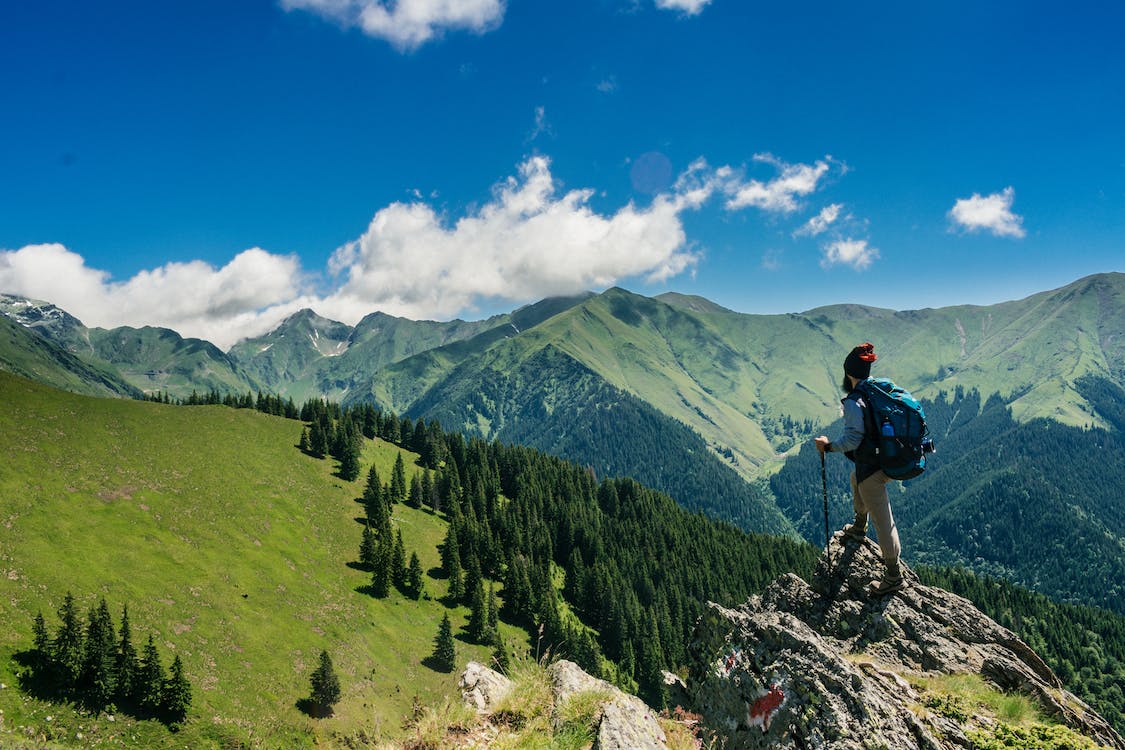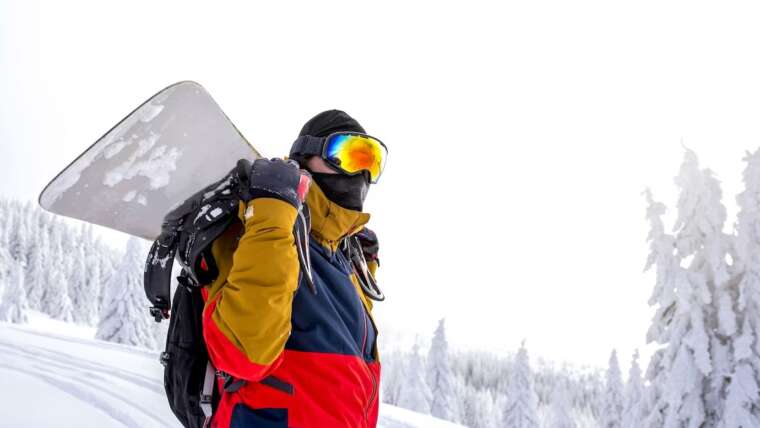Whether you find solace in the great outdoors, crave thrilling adventures, or simply seek a refreshing change from your daily routine, hiking is an activity that has something to offer everyone.
As a beginner, the world of hiking might appear vast and overwhelming, filled with uncertainties and questions. But fear not!
This blog post is tailored specifically for hiking lovers who are just starting their journey into this exciting realm, as we are about to share the best hiking tips for beginners.
Get ready to embrace the great outdoors and discover the incredible wonders that await you just beyond the trailhead!
How To Start Hiking As A Beginner?
If you are in search of the top hiking tips and tricks for people who are just getting started, this blog post has you covered:
1. Begin With Shorter & Easier Trails
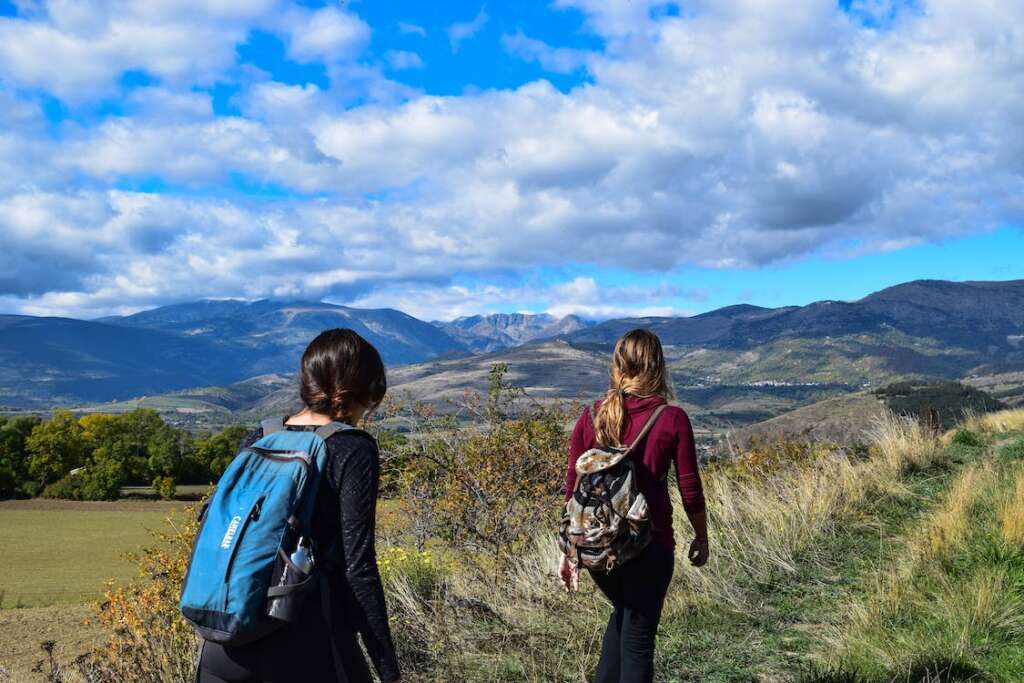
You may improve your stamina, endurance, and confidence by beginning with shorter and less difficult trails.
Look for well-marked pathways that provide lovely scenery without being too challenging, as that’s the best way to start hiking as a beginner.
Investigate nearby hiking routes, read reviews, and consult trail maps to find paths that are appropriate for your fitness level and interests.
2. Wear Adequate Hiking Shoes Or Boots
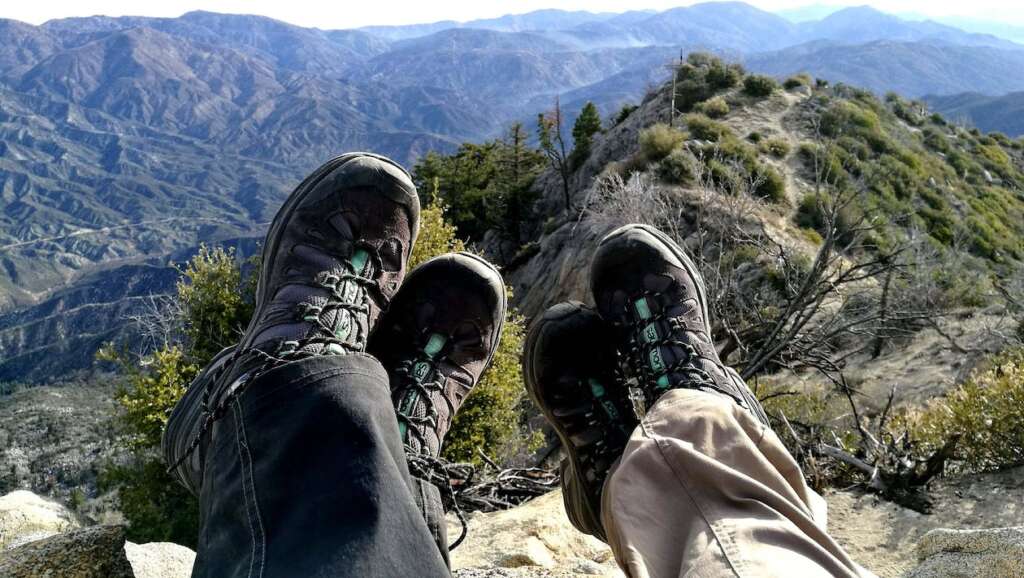
A good pair of hiking shoes or boots is necessary for a comfortable and safe trekking experience.
Look for shoes with enough ankle support, a strong sole for stability on uneven terrain, and decent traction to avoid slips and falls.
To ensure your foot’s proper size and fit, visit a respected outdoor retailer for a professional fitting.
3. Carry Vital Stuff In A Backpack
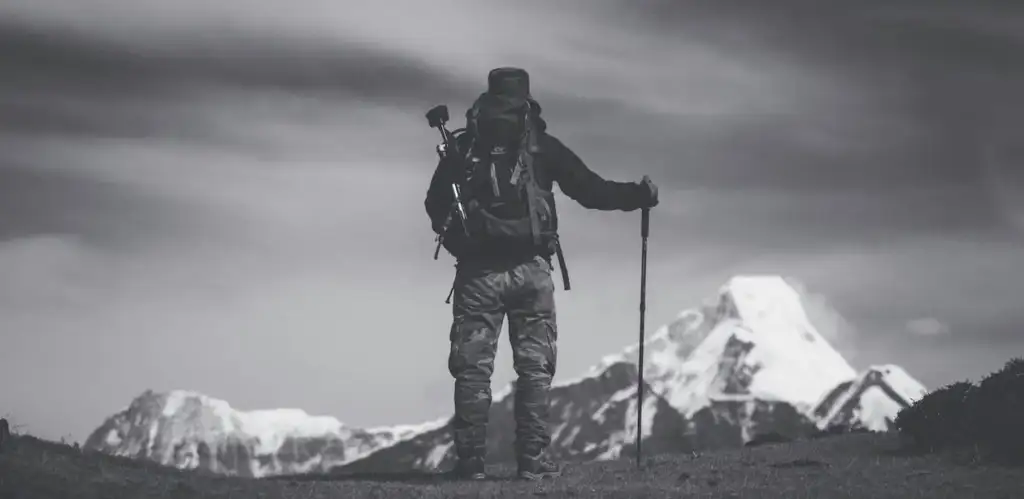
Your backpack should contain all of the items you’ll need to stay prepared and comfortable on your hike.
Begin with the basics: bring enough water to stay hydrated, energy-rich snacks to fuel your body, and a small first-aid kit in case of minor injuries.
Pack a map and compass (or a GPS device) to help you navigate the trail, as well as a headlamp or torch for emergencies or low-light conditions, a multi-tool for varied jobs, and a fully charged cell phone for communication and safety.
Carrying all this stuff is one of the hiking safety tips for beginners that is going to serve you a lot on trails.
4. Dress For The Weather
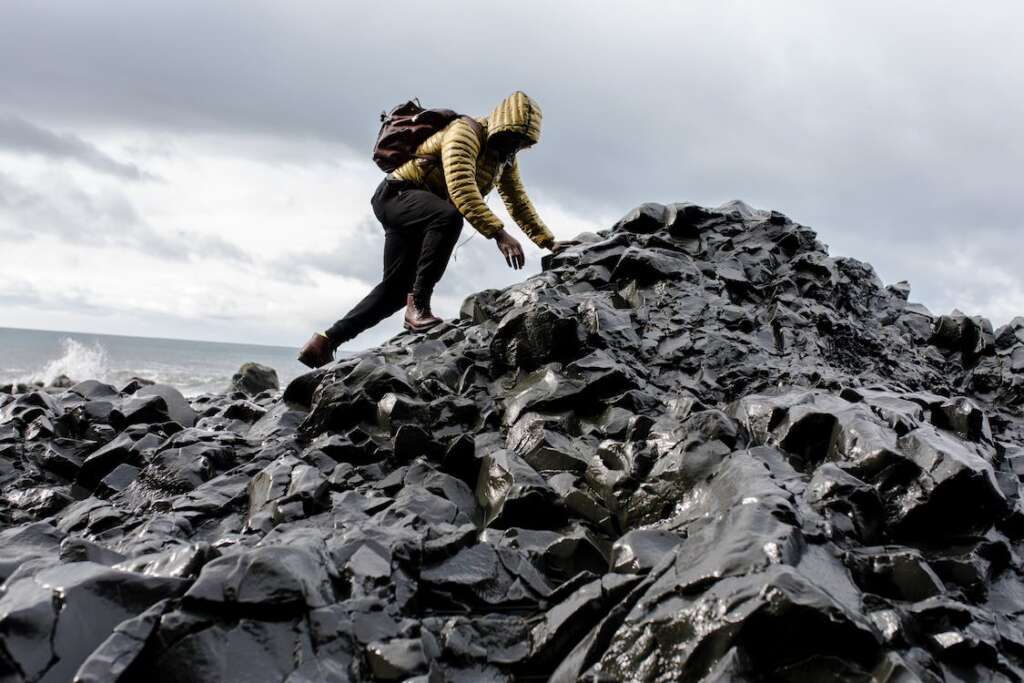
Before your hike, check the weather prediction and dress accordingly. To readily adapt to shifting temperatures, layer your clothing.
Begin with a moisture-wicking base layer to keep sweat away from your skin, then add insulating layers to trap heat and an outer layer that is waterproof or windproof to defend against the weather.
Wear a hat to protect your face from the sun, sunglasses to protect your eyes, and sunscreen for any exposed skin.
5. Stay On The Path By Following Trail Markers
Trails are marked with signs, blazes, or cairns to lead hikers along the authorized way. Pay great attention to these indicators and adhere to them religiously if you’d like to know how to start hiking as a hobby.
Deviating from the trail might cause you to become disoriented as well as harm the ecosystem by trampling sensitive vegetation or disrupting wildlife habitats.
If you’re not sure where you’re going, review your map or use a GPS gadget to be sure you’re on the right road.
6. Pace Yourself & Take Breaks
Hiking is a physical sport that takes stamina and energy, so pace yourself and take rests.
One of the finest and most recommended hiking tips and tricks for beginners is to set a comfortable speed that is appropriate for your fitness level and take breaks as needed.
Pace yourself by keeping a constant rhythm of steps, which will allow you to carry on a conversation without feeling entirely out of breath.
Take frequent breaks to relax, hydrate, and enjoy the scenery. Use these intervals to refuel with snacks and, if required, alter your clothing layers.
7. Stay Hydrated

Staying hydrated has to be on your hiking preparation list, particularly on chilly days when you may not feel thirsty.
Dehydration can cause weariness, dizziness, and even heat sickness.
Consider the length and difficulty of your hike before packing a suitable amount of water. Hydration bladders, water bottles, or a combination of the two are all practical solutions.
If you want to refill from natural sources, consider utilizing a water filter or purification tablets to ensure a constant supply.
Over To You
We hope the information presented here has sparked your interest in hiking and provided you with useful tips for beginners.
Remember that hiking is a voyage of self-discovery, resilience, and admiration for nature.
Always prioritize safety before venturing out onto the trails. Remember the significance of correct equipment, thorough preparation, and understanding your own limits.
In order to maintain the beauty of nature for future generations, be environmentally conscious, leave no trace, and practice trail etiquette.
So, what are you waiting for?
Let’s up your hiking game now!


